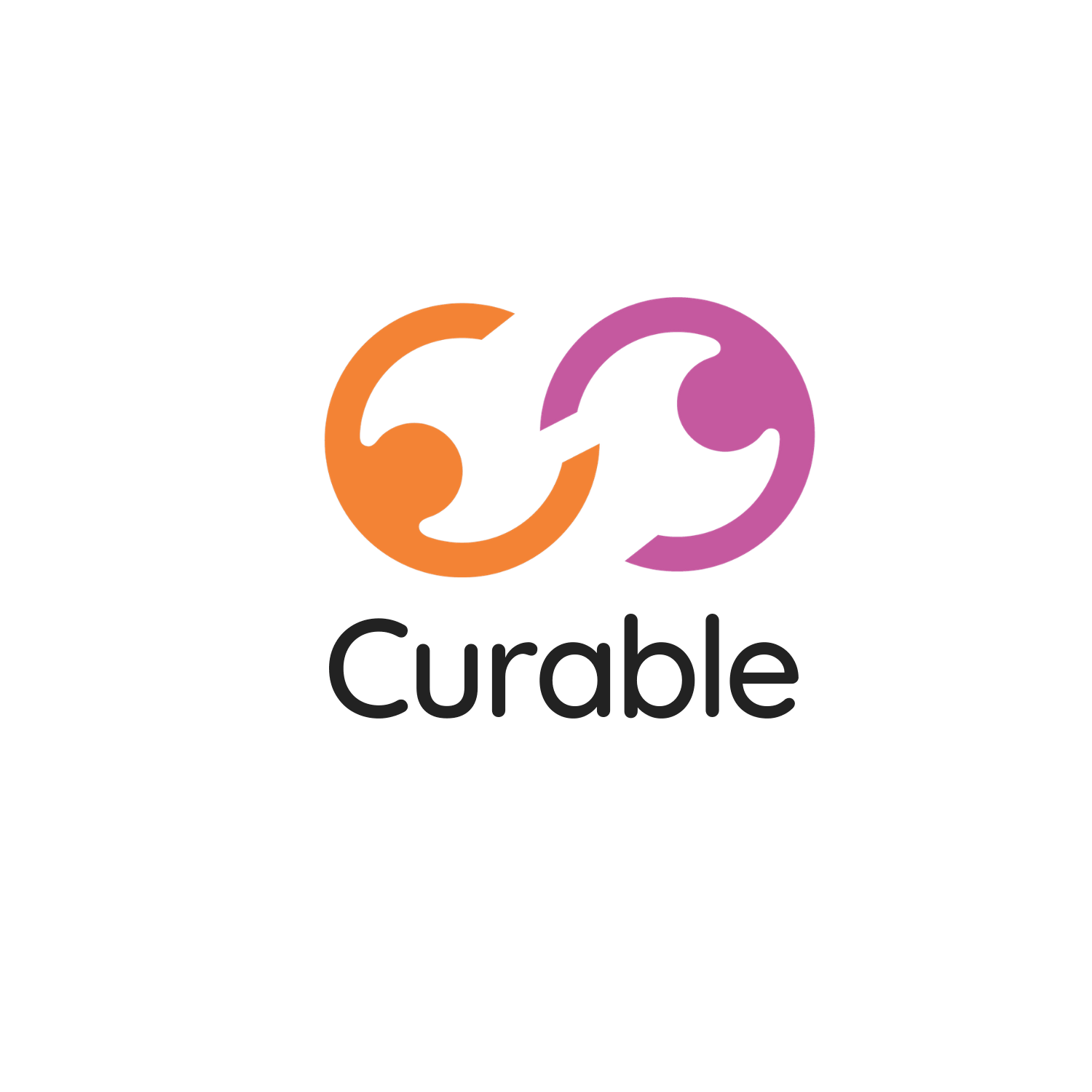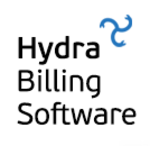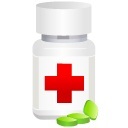Description

Curable.Care

Unicorn Billing
Comprehensive Overview: Curable.Care vs Unicorn Billing
As of my last update, I do not have specific information on Curable.Care and Unicorn Billing, as they may be newer or niche products that haven't been widely covered. Nonetheless, I can provide a general framework on how to assess similar healthcare-related platforms and billing solutions. You'll need to find the most recent details or data related to these specific products for a comprehensive understanding.
a) Primary Functions and Target Markets
Curable.Care
-
Primary Functions: Typically, a platform named "Curable" might suggest a focus on patient care management or therapeutic solutions. It could involve chronic pain management, virtual care support, or mental health management, enabling users to access treatment plans, educational content, and progress tracking tools.
-
Target Markets: Likely targets include healthcare providers, clinics, hospitals, and possibly insurance companies that require patient engagement tools. The platform may also appeal to individual consumers seeking better management of their healthcare conditions.
Unicorn Billing
-
Primary Functions: As the name suggests, Unicorn Billing is probably a medical billing solution. These platforms usually offer billing automation, claims processing, revenue cycle management, compliance solutions, and financial reporting.
-
Target Markets: The typical target audience would be medical practices, hospitals, healthcare providers, and billing companies that need efficient billing processes to handle insurance claims and patient billing.
b) Market Share and User Base
Assessing market share and user base typically involves:
-
Curable.Care: If positioned in the healthcare tech space focusing on patient management, its market share would be shaped by the increasing demand for digital health solutions. You would often compare its adoption rate and user engagement statistics with other patient care platforms.
-
Unicorn Billing: In the competitive space of medical billing, its market share is influenced by the ease of integration with Electronic Health Records (EHR) systems, customer support quality, and overall cost efficiency compared to competitors.
Quantitative data such as the number of active users, deployment numbers, or revenue growth figures would provide a clearer picture, which you would need from recent industry reports or company press releases.
c) Key Differentiating Factors
When evaluating differentiation, consider the following:
-
Curable.Care:
- Advanced patient engagement features such as AI-driven personalized care.
- Integration capabilities with other medical devices or telehealth services.
- User-centric design ensuring high engagement and compliance.
-
Unicorn Billing:
- Specific innovations in claims processing efficiency.
- Unique analytics and reporting features that provide deeper insights into revenue cycles.
- Integration flexibility with various EHR systems and customization options.
Both products would be differentiated by unique partnerships, compliance with healthcare standards (like HIPAA in the U.S.), customer support availability, and pricing models.
Conclusion
For detailed insights and current evaluations, direct inquiries into company resources, industry reviews, and market analysis reports are necessary, considering that product positioning and competitive analysis can evolve rapidly in tech-driven sectors.
Contact Info

Year founded :
Not Available
+91 80728 94796
Not Available
India
http://www.linkedin.com/company/curable-care

Year founded :
Not Available
Not Available
Not Available
Not Available
Not Available
Feature Similarity Breakdown: Curable.Care, Unicorn Billing
To provide a feature similarity breakdown for Curable.Care and Unicorn Billing, let's dive into their core functions and distinctive attributes:
a) Core Features in Common:
Both Curable.Care and Unicorn Billing are healthcare-related platforms, so they may share some fundamental features common among such solutions, though each may implement these features differently:
-
Patient Management: Both platforms likely offer patient management functionalities, including storing patient demographics, medical history, and managing appointments.
-
Billing and Invoicing: Given that Unicorn Billing is named for its billing capabilities, it's reasonable to assume that both platforms provide support for generating bills, invoices, and managing payments.
-
Insurance Claims Management: Healthcare platforms often include tools for managing insurance claims, submissions, tracking, and reconciliation to streamline interaction with insurance providers.
-
Reporting and Analytics: Access to various reports and analytics for patient visits, financials, and system usage would be a common feature to support decision-making and performance assessment.
b) User Interface Comparison:
Without real-time data or visuals, I can provide a general analysis based on typical standards:
-
Curable.Care: Curable.Care might lean towards a UI that focuses on ease of use for medical professionals, potentially prioritizing clear navigation, straightforward data entry forms, and dashboards tailored to clinical needs.
-
Unicorn Billing: The UI for Unicorn Billing could be designed with financial specialists in mind, emphasizing streamlined billing processes, quick access to financial dashboards, and simplified navigation to billing and coding modules.
In comparing interfaces, factors such as user experience (UX), responsiveness, design aesthetics, ease of navigation, and customization options are typically considered.
c) Unique Features:
Some unique features might differentiate these products:
-
Curable.Care Unique Features:
- Telehealth Integration: If Curable.Care includes telehealth capabilities, allowing for remote consultations and patient monitoring, this would be a significant differentiator.
- Clinical Decision Support: Features like alerts for potential drug interactions or reminders for preventive health measures.
-
Unicorn Billing Unique Features:
- Advanced Revenue Cycle Management: Robust tools for end-to-end revenue cycle management might set Unicorn Billing apart, catering to organizations that require comprehensive financial oversight.
- Comprehensive Compliance Tools: Features that assist in ensuring billing and coding compliance with regulations such as HIPAA.
In assessing these platforms, the features and functionalities will be tailored to specific user needs, whether clinical or financial, and the choice may ultimately depend on the specific context and requirements of the healthcare organization.
Features

Pain Management Tools
Educational Content
Community Support

Reporting and Analytics
Subscription Management
Payment Processing
Best Fit Use Cases: Curable.Care, Unicorn Billing
To determine the best fit use cases for Curable.Care and Unicorn Billing, it's essential to look closely at the specific features and strengths each solution offers, which can help identify the ideal business types, scenarios, and industry applications for each product.
Curable.Care
a) Best Fit for Curable.Care:
Curable.Care is likely designed as a healthcare-focused platform, perhaps providing services such as patient management, online consultations, appointment scheduling, or care coordination. Given this context, here are some ideal use cases:
-
Healthcare Providers: Small to medium-sized clinics and private practices could benefit from streamlining patient management and administrative tasks.
-
Telemedicine Services: Companies offering virtual consultations and remote patient monitoring would find Curable.Care's telehealth features indispensable.
-
Mental Health Professionals: Therapists and counselors can utilize integrated scheduling and secure communication features.
-
Rehabilitation and Wellness Centers: For facilities focusing on long-term patient care and wellness programs, Curable.Care can manage exercise regimens and patient progress tracking.
d) Industry Verticals and Company Sizes:
- Industry Verticals: Primarily the healthcare sector, including physical therapy, mental health, telemedicine, and general medical practices.
- Company Sizes: Most beneficial for small to medium-sized enterprises (SMEs) but scalable for larger health institutions with specific patient management needs.
Unicorn Billing
b) Preferred Scenarios for Unicorn Billing:
Unicorn Billing is likely a comprehensive billing and invoicing solution. It could cater to a broad range of industries and businesses that require robust billing systems for complex invoicing needs.
-
Subscription-Based Businesses: Companies offering subscription services (e.g., SaaS platforms, membership sites) need reliable recurring billing features.
-
Freelancers and Consultancies: Individuals or small businesses offering professional services that require project-based or hourly billing could leverage its flexible invoicing capabilities.
-
E-commerce Platforms: Online retailers looking for integrated payment processing and detailed sales analytics.
d) Industry Verticals and Company Sizes:
- Industry Verticals: SaaS, e-commerce, professional services, digital marketing, and any sector where detailed financial transactions are crucial.
- Company Sizes: Useful for both SMEs and larger corporations due to its potentially scalable nature, capable of handling large volumes of transactions.
Conclusion
Curable.Care and Unicorn Billing serve distinct needs across different industry verticals. Curable.Care specializes in healthcare management and is best for healthcare-centered organizations seeking patient-focused solutions. In contrast, Unicorn Billing is versatile in application, ideal for businesses across various sectors needing sophisticated billing and invoicing functionalities. Each product caters to specific company sizes and industries, leveraging their unique features to optimize operational efficiencies.
Pricing

Pricing Not Available

Pricing Not Available
Metrics History
Metrics History
Comparing teamSize across companies
Conclusion & Final Verdict: Curable.Care vs Unicorn Billing
When evaluating Curable.Care and Unicorn Billing, it's essential to weigh various factors such as functionality, ease of use, pricing, customer support, and the specific needs of the user.
Conclusion and Final Verdict
Best Overall Value
Considering all factors, Unicorn Billing may offer the best overall value for organizations prioritizing comprehensive billing solutions with excellent customer support and intuitive user interfaces. However, if the primary focus is on integrated healthcare management and patient engagement, Curable.Care may be the superior choice due to its specialized features in these areas.
Pros and Cons of Each Product
Curable.Care
-
Pros:
- Offers robust healthcare management features, focusing on patient engagement and care coordination.
- Integrates well with electronic health records (EHR), facilitating seamless data exchange.
- Strong emphasis on improving patient outcomes and streamlining clinical workflows.
-
Cons:
- May have a steeper learning curve for users who are less technically inclined, especially if the primary need is billing.
- Could have higher pricing tiers, which might not be justified for smaller practices focusing purely on billing.
Unicorn Billing
-
Pros:
- Provides an intuitive interface with strong billing and revenue cycle management features.
- Generally more affordable for organizations primarily needing a billing solution.
- Offers excellent customer support with responsive assistance and training resources.
-
Cons:
- May lack the depth in healthcare management and patient engagement functionalities compared to Curable.Care.
- Limited integration features for practices that require comprehensive healthcare management beyond billing.
Recommendations for Users
-
Identify Primary Needs:
- If your organization requires an all-encompassing healthcare management system with strong patient interaction features, Curable.Care is likely the better choice.
- For those who need a focused, efficient billing system with excellent customer service, Unicorn Billing is recommended.
-
Consider Budget and Scalability:
- Assess your budget constraints and the potential scalability needs of your organization. If cost-effectiveness and scalability in billing operations are crucial, Unicorn Billing might be more suitable.
-
Evaluate Ease of Integration:
- Examine how well each solution will integrate with your current systems. Curable.Care may be more adept if EHR integration is a priority.
Ultimately, the decision should be based on the specific priorities and resources of your organization, considering both short-term needs and long-term strategic goals. Conducting a trial of both systems, if possible, could provide further insights into which product aligns best with your specific workflow and user preferences.
Add to compare
Add similar companies



